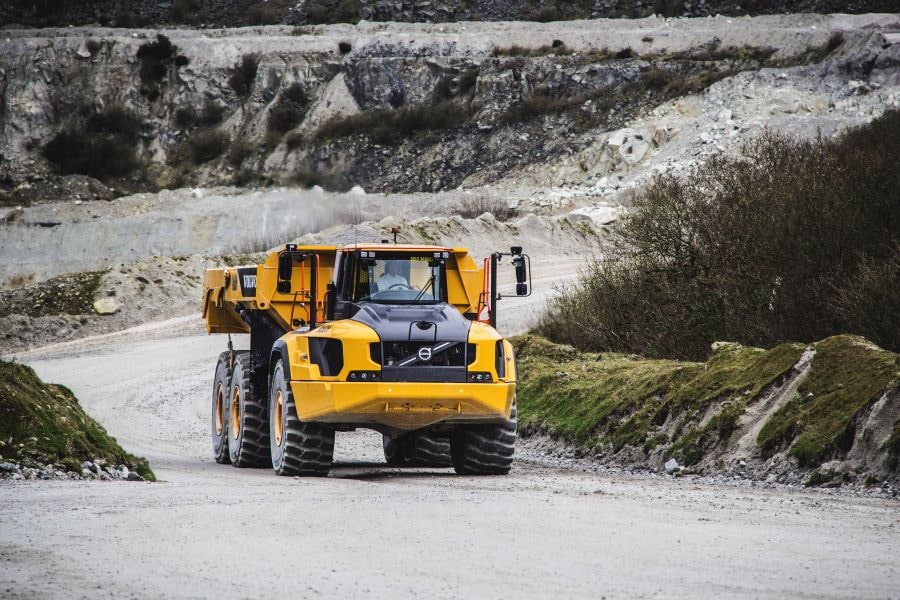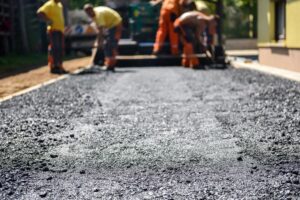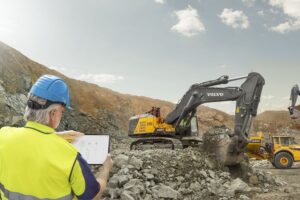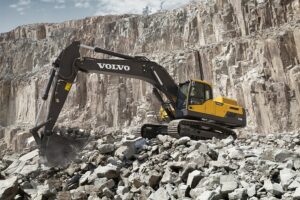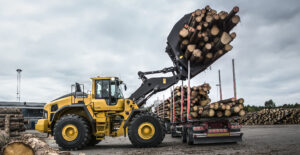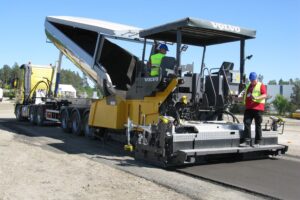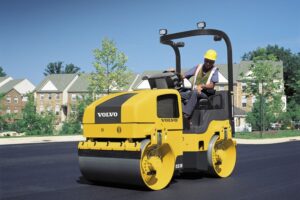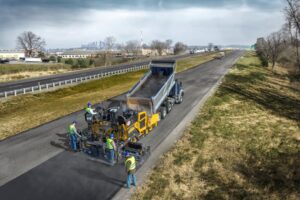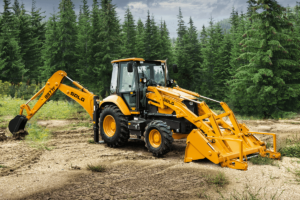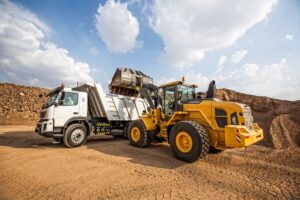Operating heavy equipment like haulers is a process that can lead to workplace accidents if not done correctly. Apart from compliance, ensuring best practices in safety will ultimately lead to better productivity, equipment longevity, and employee security.
Volvo haulers are equipped to make this easier to accomplish with state-of-the-art safety systems to prevent accidents in the workspace.
That being said, it’s always good to have additional safety procedures in place as well. In this guide, we give you safety tips to help you keep a safer environment for your operations.
Inspecting the Machine
Before starting your day’s operations, we recommended that you carefully inspect your unit beforehand. This is to help prevent machine breakdowns that can lead to workplace accidents.
Below is a list that you can follow for machine inspection.
Before Entering the Vehicle
Doing an inspection for possible issues or damages to your vehicle before entering the driver’s seat is a crucial part in safeguarding everyone’s safety.
Take a walk around the vehicle and check if there are any leaks or loose parts, and eye ball the condition of the tires. If the vehicle was transported, ensure that the steering lock is not there.
Take a quick look at the battery disconnector to check if it’s on and if the full suspension of the wheel’s hydraulics is operational. Do not activate the suspension if the machine is strapped down or if there’s someone close to the machine.
Once Inside the Vehicle
As soon as you sit in the driver’s seat, make sure that the emergency hammer is in its location and that the windshield is clean. A pristine windshield for better visibility is critical for everyone’s safety. If it isn’t clear, the operator can clean it before starting; just make sure that they step on the slip-protected tiles while holding on to the railings.
Do a quick check if all the lights are operational, the brake pressure gauges are in the green zone, and the clutch is in neutral before starting the engine.
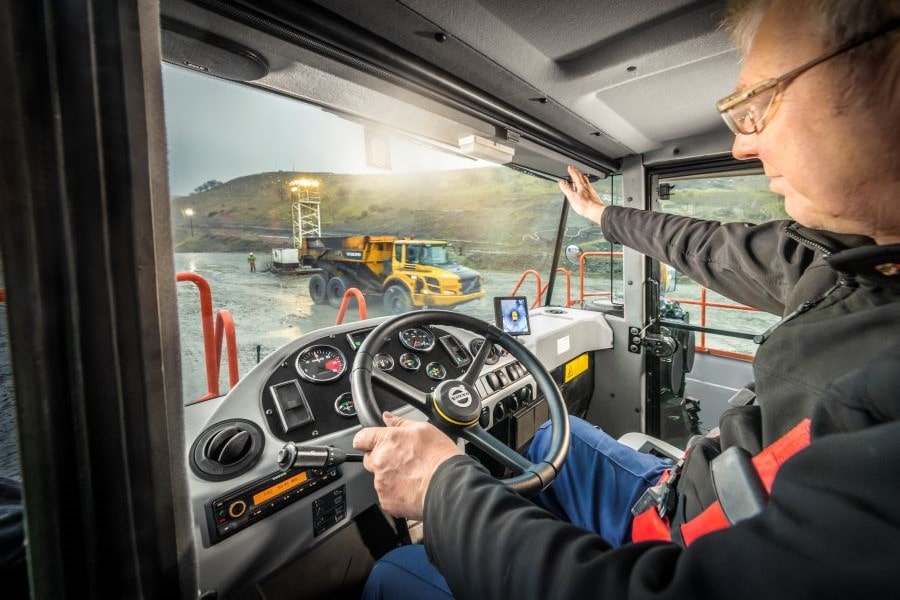
Ensuring Worker Safety
Machine operators and workers in the vicinity should be wearing the proper safety equipment like vests with reflectors, hard hats, and steel-toe boots to ensure their security.
It’s also important that hauler drivers adjust their seat, wheel height, and mirrors to a comfortable level before operating the vehicle, and that they wear their seatbelts during the entire duration of the operation.
Having a first aid kit and fire extinguisher on site is also a great practice to have just in case there are any mishaps.
Having a Spotter
Hauler operators may find it difficult to see certain risks from their seat. It’s best to have a spotter working with the driver to communicate hazards and give directions.
Spotters aren’t just there to keep a smooth operation for the driver, but to also inform the bystanders in your operations and ask them to vacate the premises, if need be.
Moving with a spotter will also add an extra layer of security in the operations, especially when it comes to electrical wires. In the Philippines, electrical wires will usually be found above ground, meaning that loose or low-hanging wires may prove a hindrance to your operations if not spotted beforehand.
Load Distribution
One of the biggest hazards for haulers is tipping due to uneven load distribution. Even with world-class haulers that have the best beam systems, practicing even load distribution is still a key part of standard procedures.
Performing equal allocation of weight on the truck’s bed will keep your hauler’s center of gravity centered, thus keeping your truck, driver, and surroundings safe any untoward incidents.
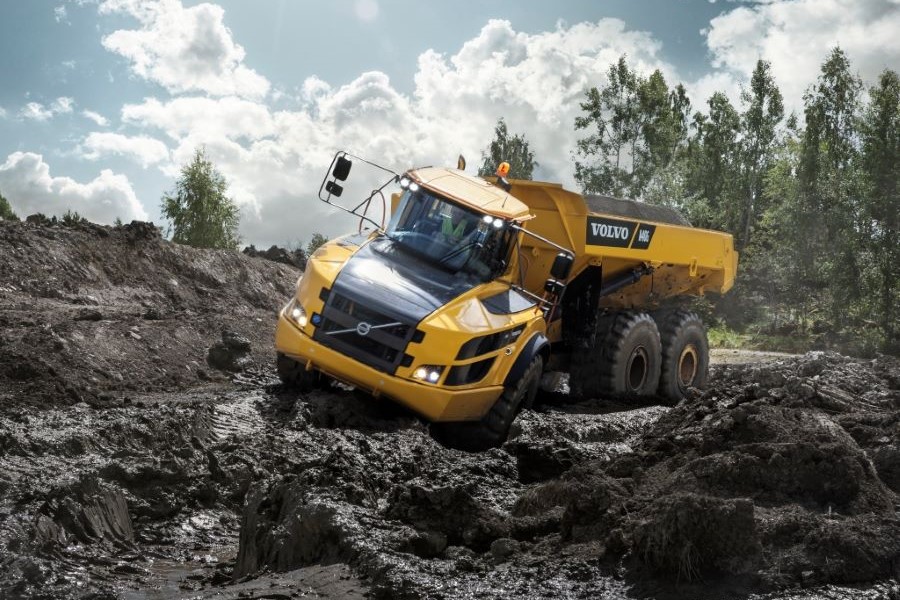
Offloading Areas
When it’s finally time to offload, one of the most crucial variables of this operation is the leveling of the ground. A leveled surface ensures that your truck will not tip when the bed is raised. The longer the bed, the more likely it is to tip if not done properly.
Unload in areas with compacted soil or gravel, so that the ground does not sink during the offloading process.
Prioritizing Safety
Before starting your day’s operations, we recommend that you go through our safety tips to ensure that your operations will run smoothly with minimal risks to your investments and team.
If you’re still looking to optimize your operations’ safety or learn more about what you can do to further your business, talk to us at Topspot Heavy Equipment and learn more about the heavy equipment solutions we offer.
Contact Us
Learn more about Volvo Haulers by talking to one of our team members. We’ll give you all the information you need to allow you to make the perfect decision for your firm.

